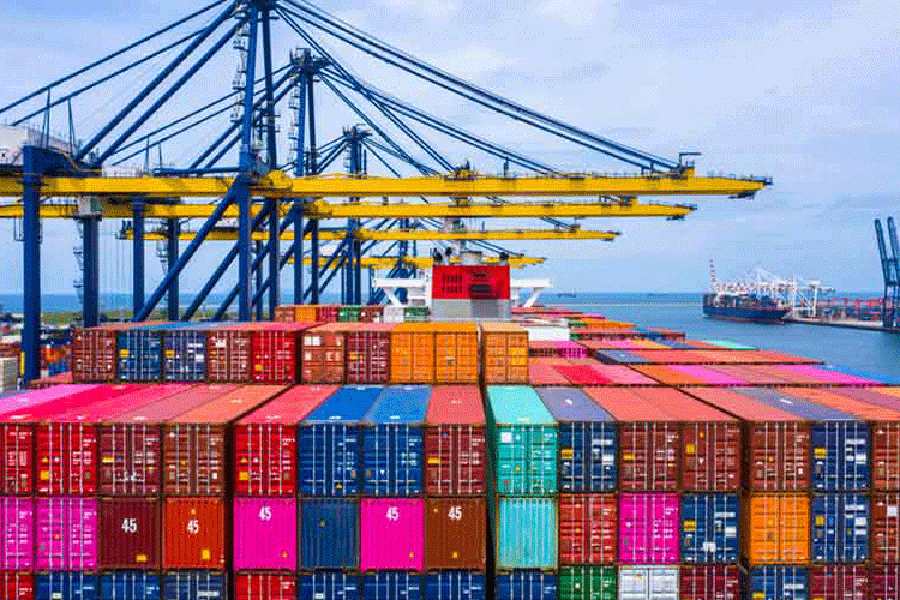Exporters are counting their losses from the ban on farm items by the Modi government and the attack on Red Sea vessels by the Islamist Houthi rebels.
Agricultural product exports are expected to take a hit of about $5 billion because of the curbs on rice, wheat and sugar imposed by the Modi government to boost domestic supplies as it fights inflation ahead of the 2024 general elections.
The shipment of basmati rice could also take a hit if the Islamist Houthis of Yemen continue to attack ships.
A route along Africa for basmati rice could be considered if the attacks persist, which could lift prices about 15 per cent to 20 per cent, officials said.
But this can come at the cost of exports of the long-grain rice to Egypt and Europe.
India needs to work on finding alternate trade routes in the sea as heavy reliance on the Bab-el-Mandeb Strait, a key route crossing Red Sea, could impact trade with West Asia, Africa and Europe, according to think tank GTRI.
The government is, however, optimistic about agricultural exports reaching last year’s level of $53 billion despite the restrictions.
“We expect that we would reach the level of $53 billion despite $4.5 billion impact
due to the restrictions,” additional secretary in the commerce ministry Rajesh Agrawal said.
The government has prohibited wheat and non-basmati white rice exports and imposed curbs on sugar exports. Inflation, led by high food prices, rose to a three-month high of 5.55 per cent in November.
Beverage tiff
Meanwhile, India looks for greater market access on a reciprocal basis for its alcoholic beverages while negotiating free trade agreements =.
Agrawal said that demand for Indian spirits is growing in the world. “From the market access point of view, it is reciprocal. If we are opening up our market in any way...we also try to look for market access in other countries,” he told reporters.
India is negotiating a free trade agreement with the UK and the European Union (EU), with liquor a sticky point in the talks.
“This is one of the areas (where) we are trying to negotiate upon and...we are trying to see that the duty concessions that are required in various destinations, we get (that),” he said.










